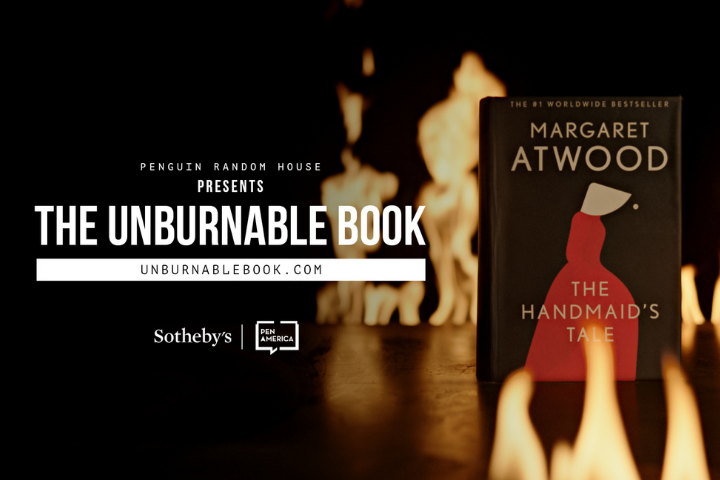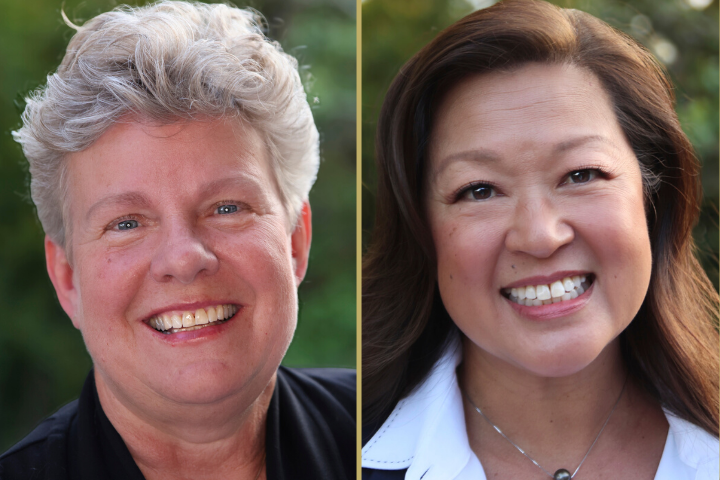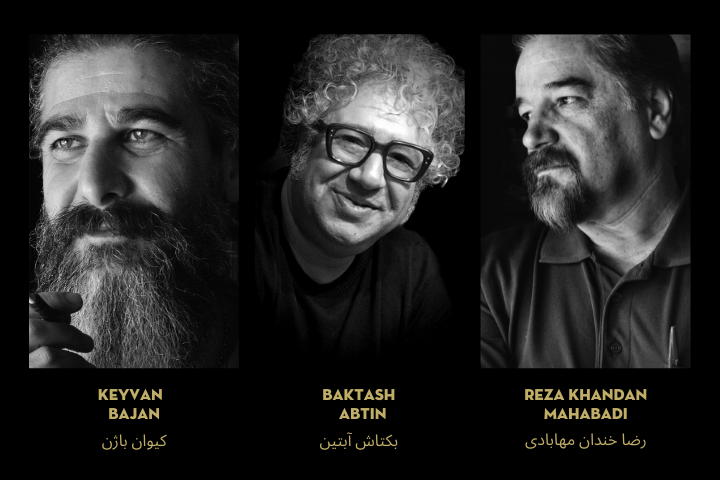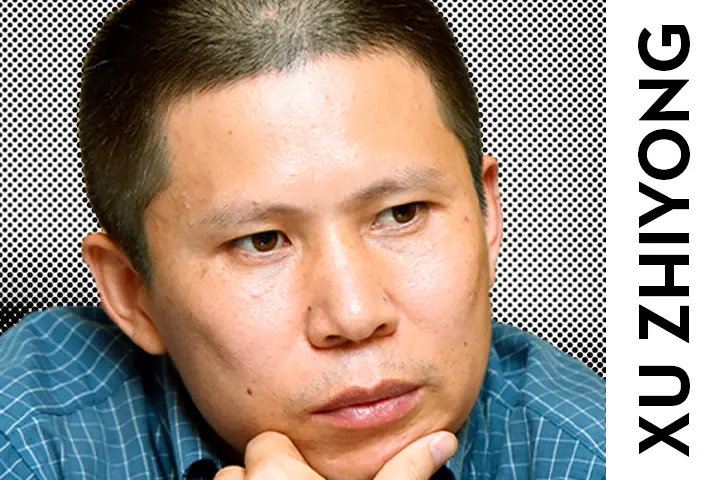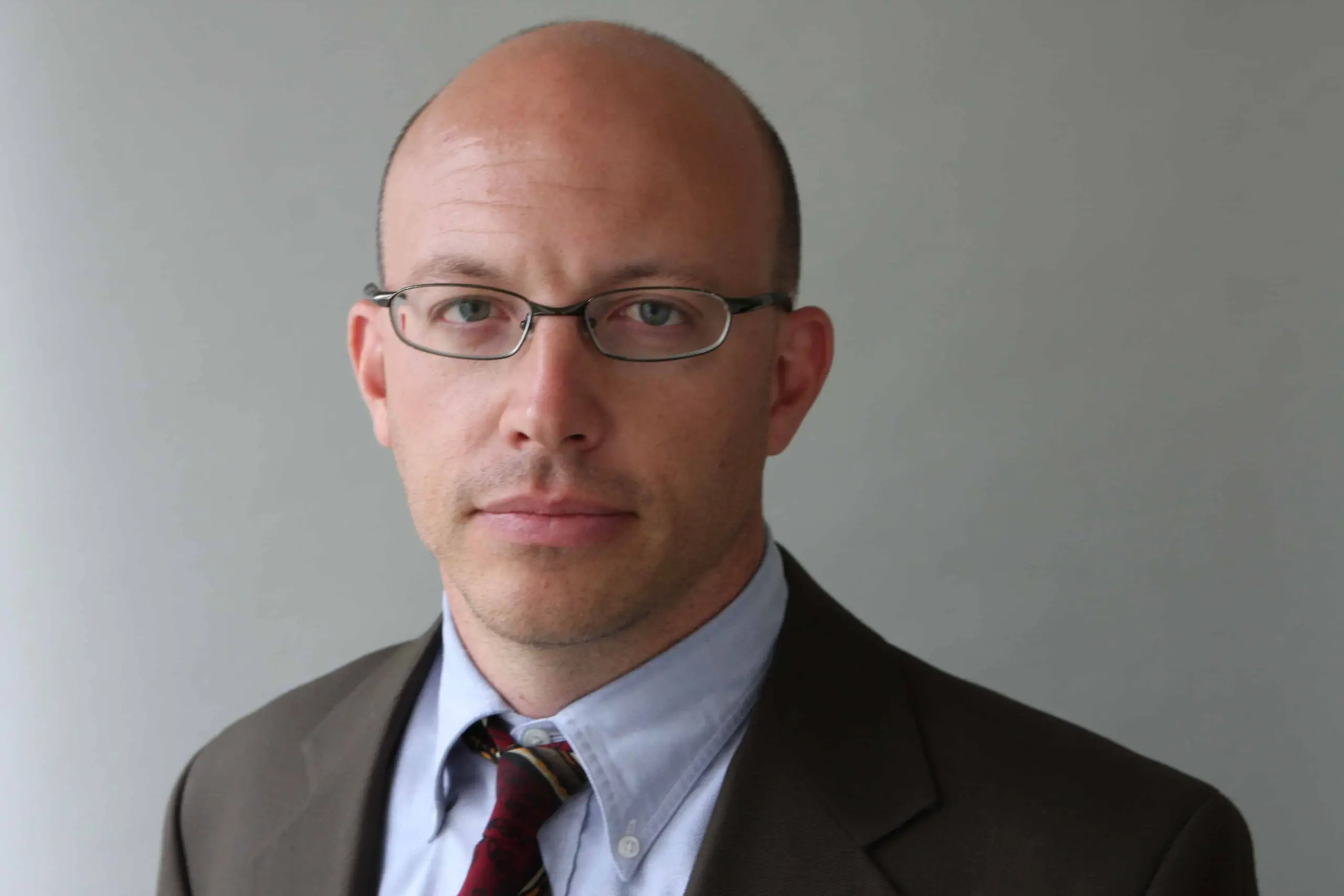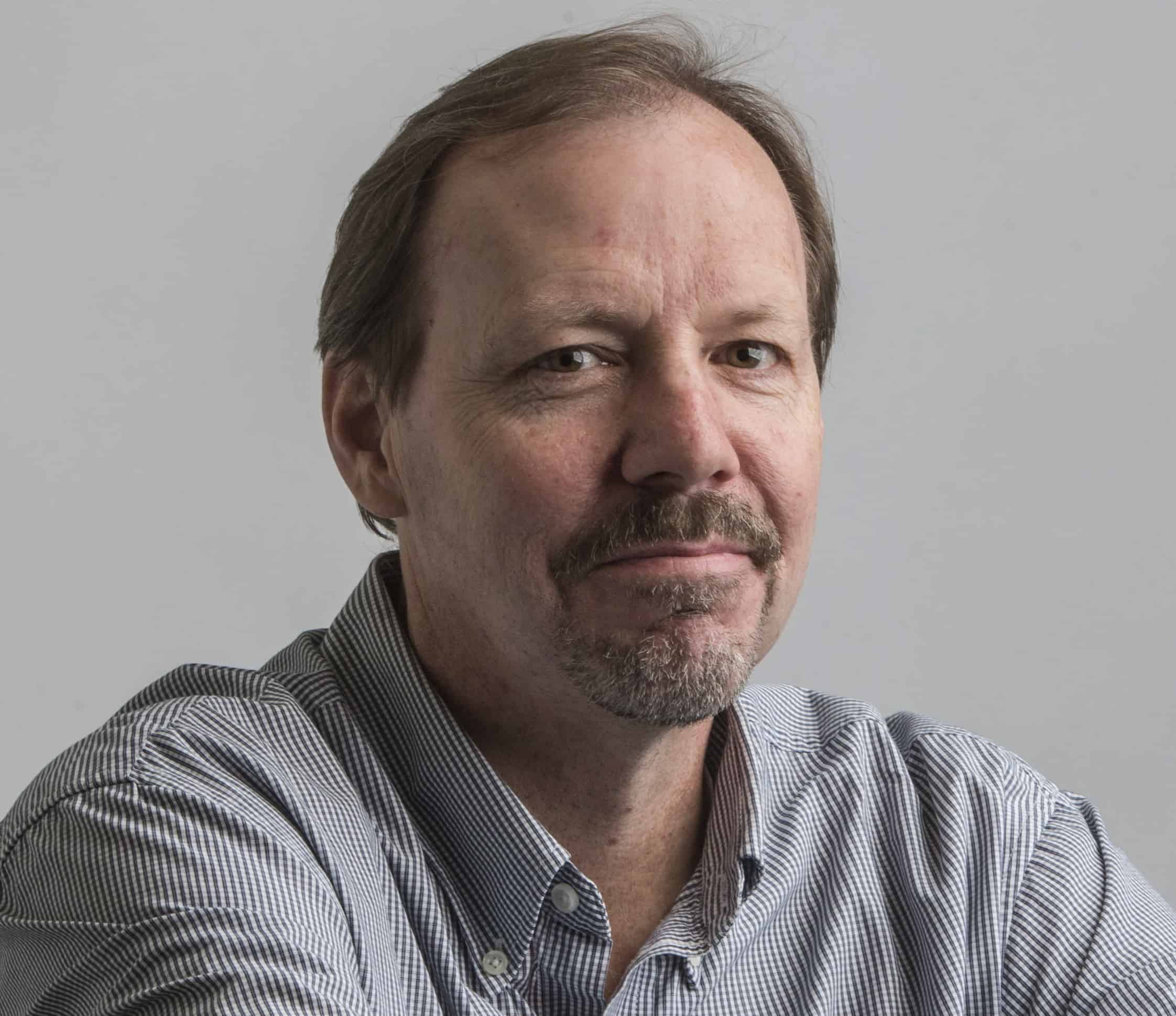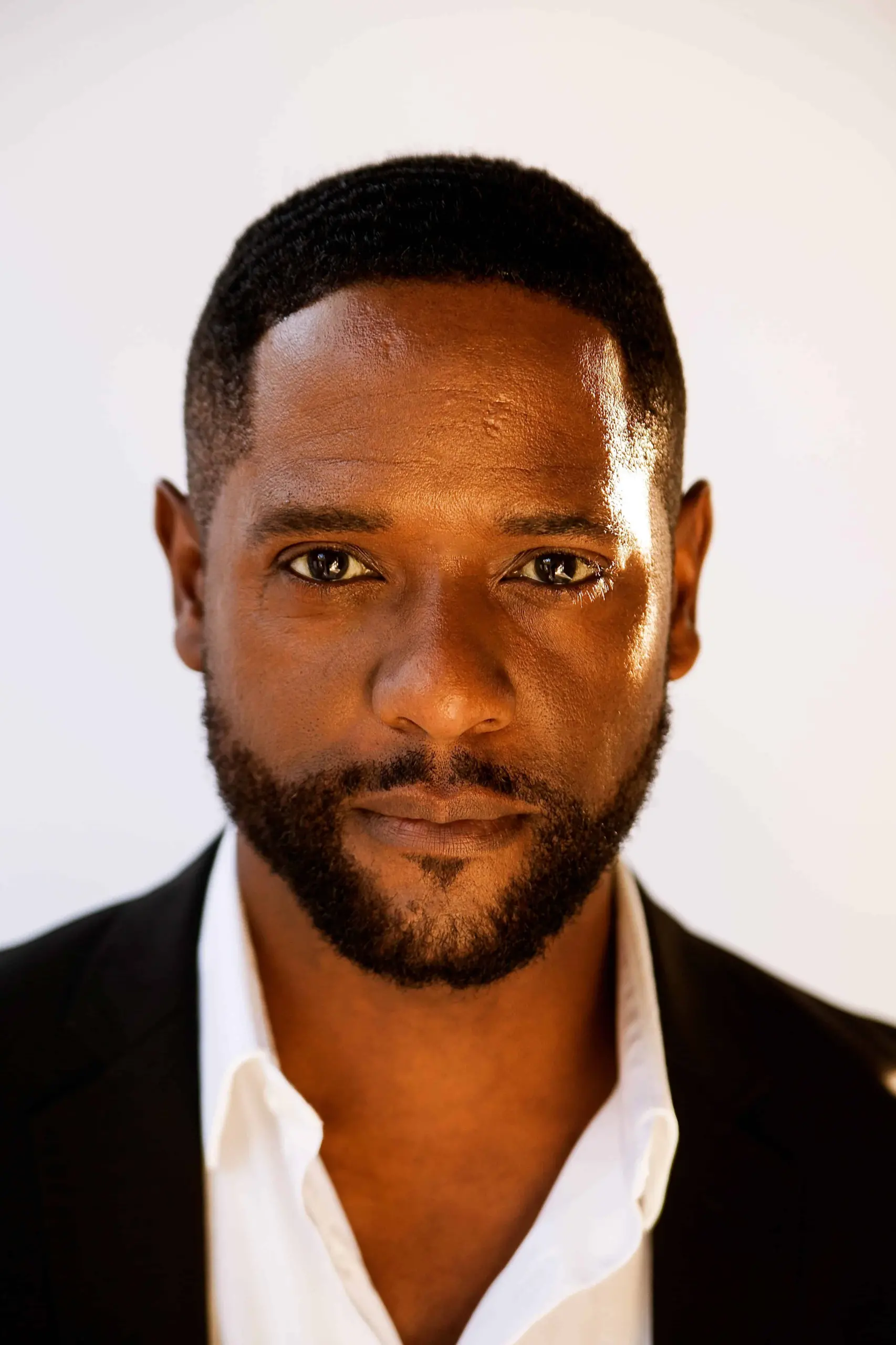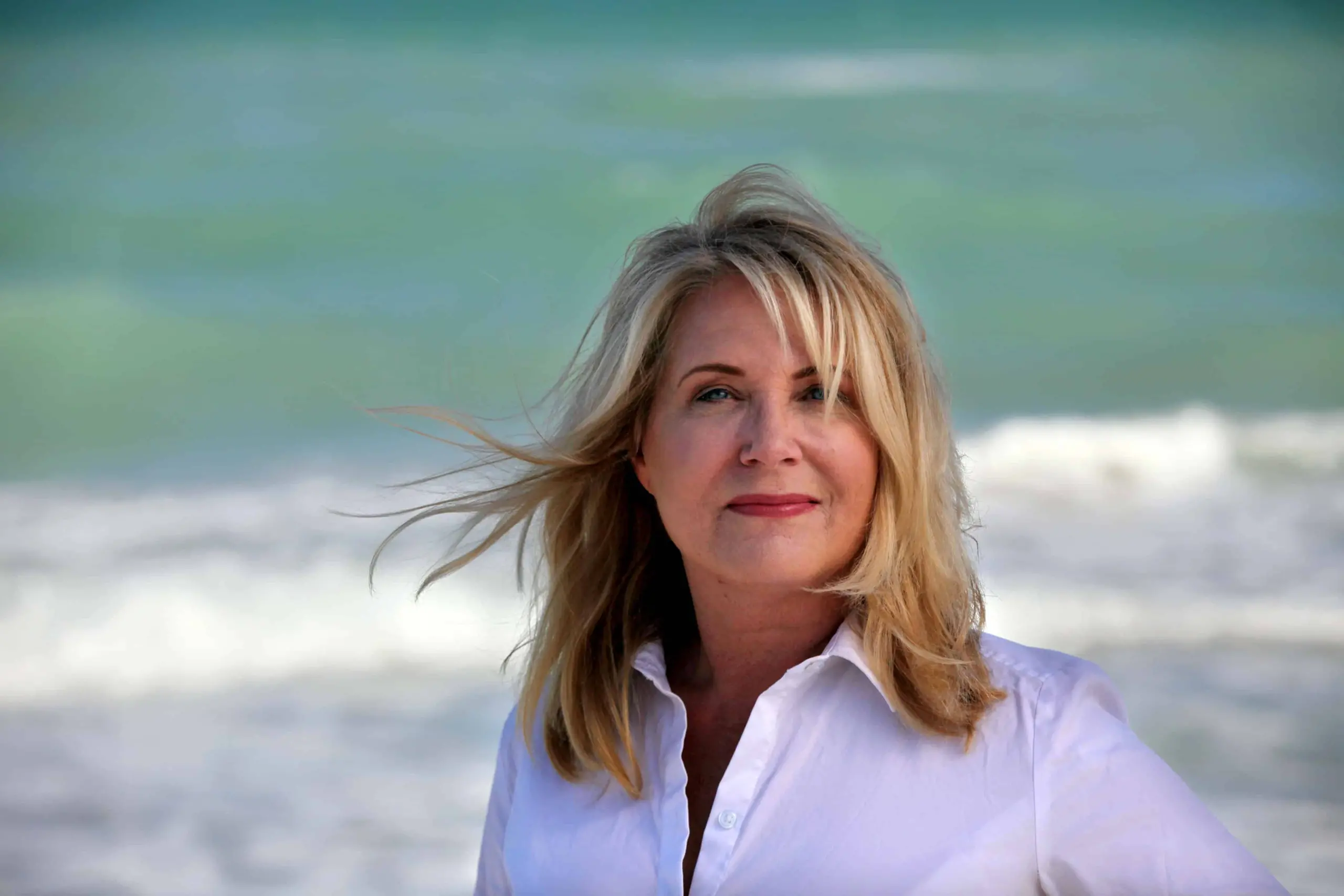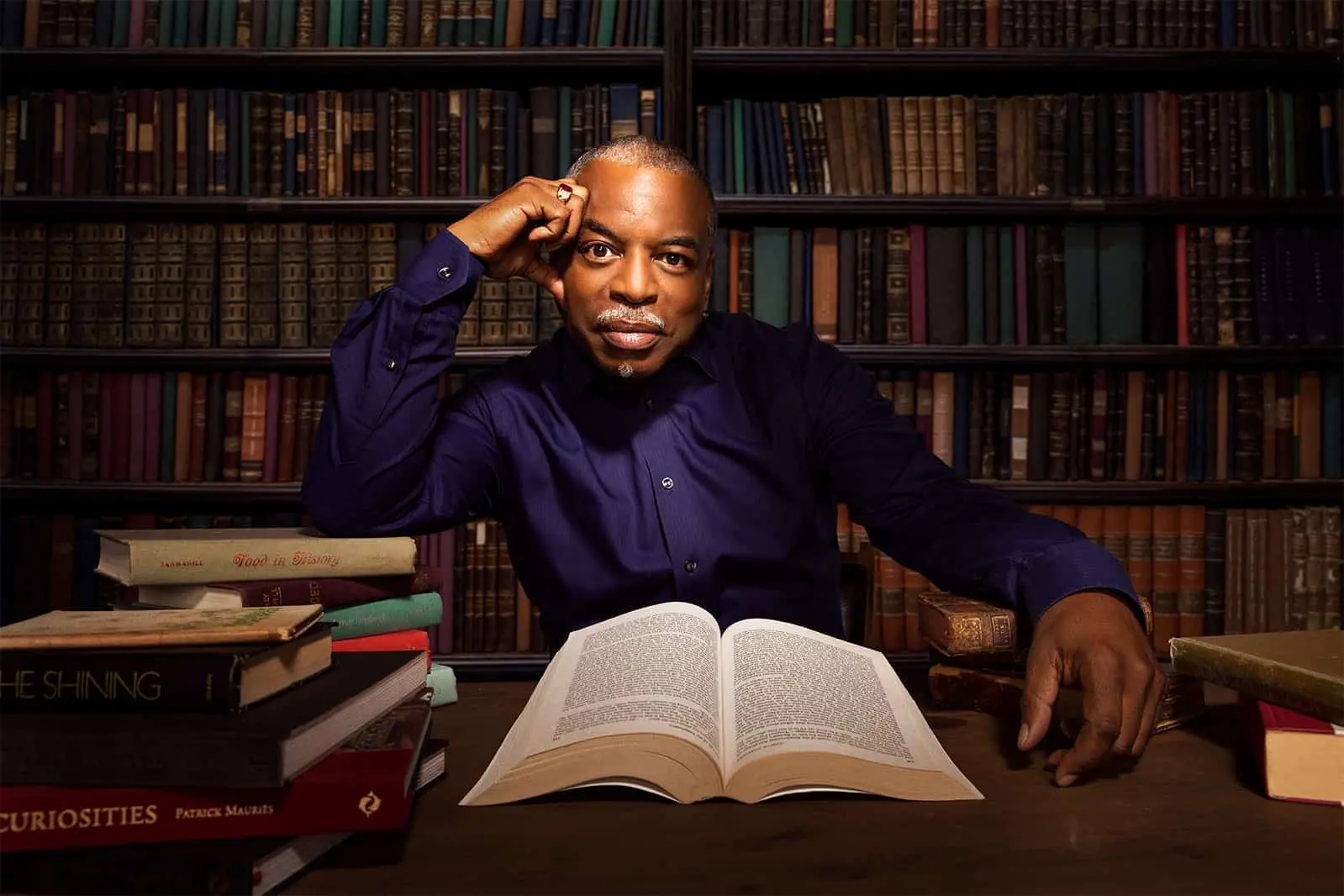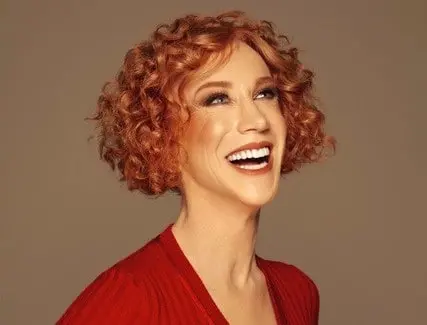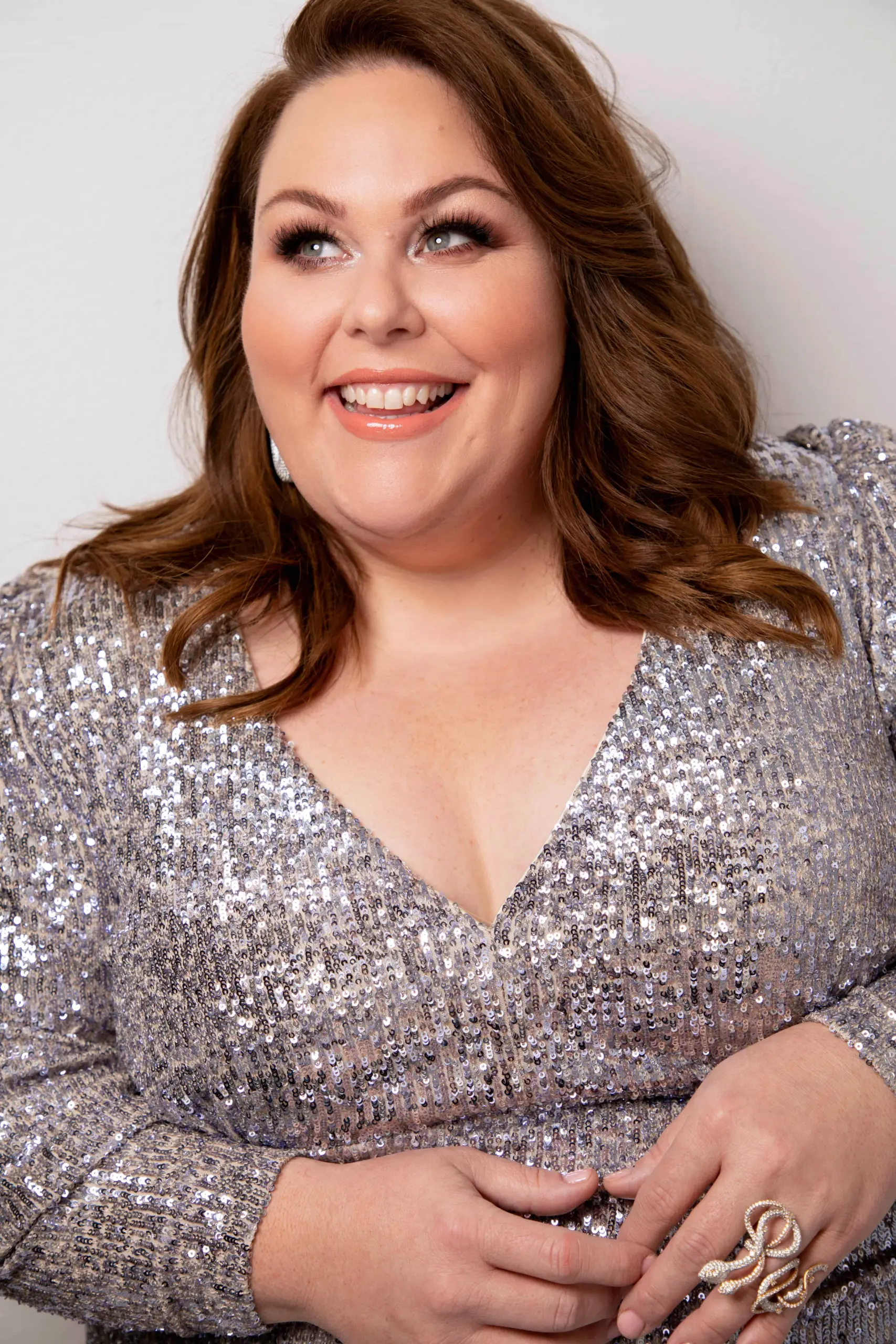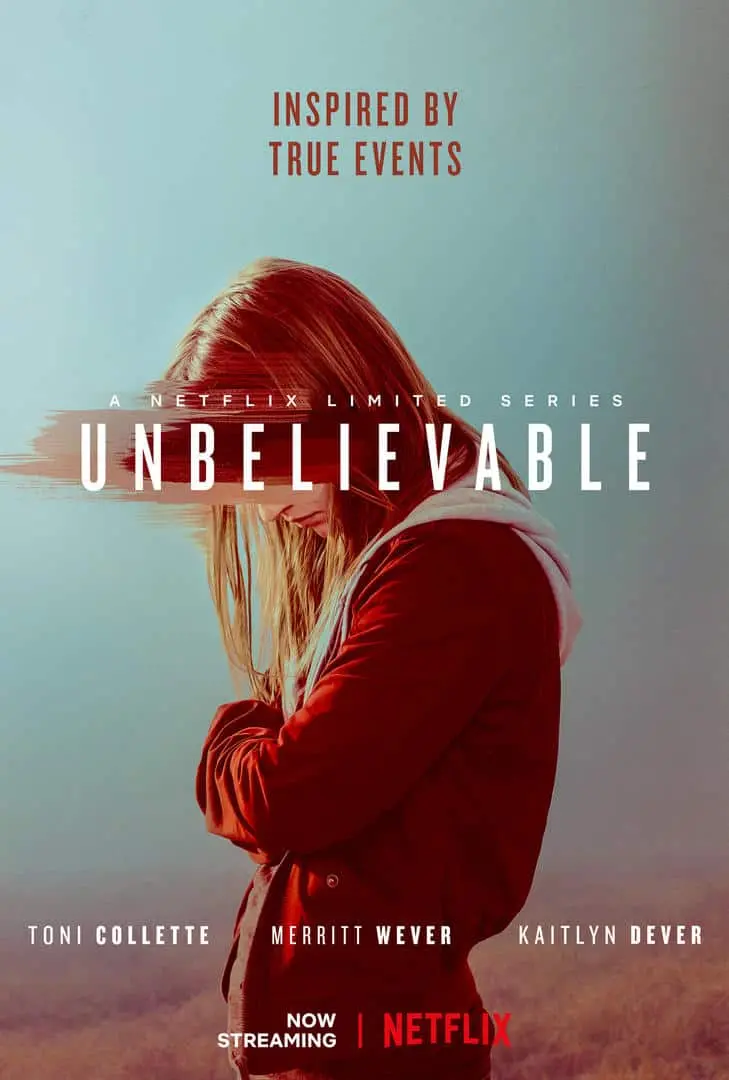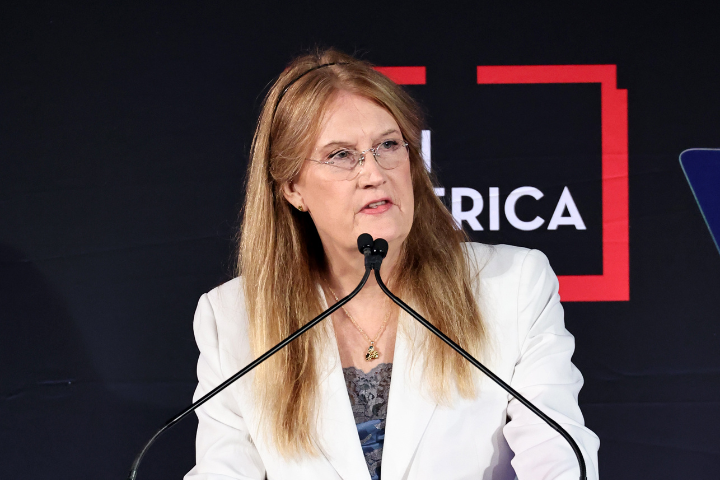
Hello everyone.
I wanted to begin my remarks to you all with something light and humorous, so let’s start by talking about the new memoir by Salman Rushdie. The title of which is KNIFE: Meditations After an Attempted Murder.
In his new book, he writes this: “Language too, was a knife, It could open the
world and reveal its meaning, its inner workings, its secrets, its truths. It could cut through from one reality to another, It could call bullshit, open peoples eyes, create beauty. Language was my knife. If I had unexpectedly been caught in an unwanted knife fight maybe this was the knife I could use to fight back.”
In the last year, freedom of expression, and freedom of speech, and literature itself, has been under attack from all sides, because authoritarians know that literature is a knife, just as Salman describes it—but it’s not the kind of weapon that hurts; it’s the kind of weapon that heals, opens hearts, changes minds, wakes people up from their sleep. Which is, of course, exactly what some people are afraid of. In the first half of this year, we have counted over 4,000 book bans in schools across the country, from The Handmaid’s Tale to The Bluest Eye, as well as scores of books about or by LGBTQ people, or people of color. And why are these books being banned? It’s because our adversaries fear the changes that books can bring.
But that’s our mission at PEN America: to enable authors to continue to change the world, and to free writers who find themselves behind bars because of the stories that they have told. Our Freedom to Write Index—released last week—noted that 339 writers around the world are imprisoned for their words. The list of the ten countries who have jailed the most writers is topped by China, with over 100 authors in jail, followed by Iran, Saudi Arabia, and Vietnam. War and conflict had a significant impact on writers, with Russia and Israel appearing on the list for the very first time.
And speaking of Israel. The war in Gaza has amplified divisions, across the
country, on college campuses, and yes, even at PEN itself. This year some members of our own community boycotted the annual PEN Literary Awards, and the World Voices Festival, in order to make it abundantly and passionately clear how disappointed they were, and are, with our initial response to the war. Some of them are protesting this very evening.
To our critics I want to say that we hear you, and we want to move forward with you, together.
We are determined to amplify the voices of all writers at risk—from Israel to Ukraine, from Palestine to Russia, from Florida to Texas.
On a personal note, may I just say that my first four months as PEN’s president have been—hm, something of a challenge? And that there have been plenty of times since January that I have wondered whether a comic transgender novelist is really what the current crisis calls for. After all, in some ways my skill set is relatively limited. All I have, other than the ability to tell a joke, are the tools of love and forgiveness. But is that enough to heal the world? Is that enough to bring us all peace?
I don’t know. But as one of our nation’s foremost poets once wrote, “I believe in the future, we will suffer no more. Maybe not in my lifetime, but in yours, I feel sure. Song dogs barking at the break of dawn. Lightning pushes the edges of a thunderstorm, and these streets. Quiet as a sleeping army. Send their battered dreams to heaven.”
No, that wasn’t Salman Rushdie. That was Paul Simon, whom we also honor
tonight.
The work we do at PEN America is possible because of all of you. I want to send a special shout out to our gala co-chairs: Colette Bennett, Markus Dohle, Sean Kelly, and Anya Salama, and to our trusted Gala advisor, and
resident guardian angel, Roxanne Donovan. Thank you to our gala committee, our sponsors, and our award underwriters: the Edwin Barbey Charitable Trust and Pamela and Peter Barbey; Lawrence and Elyse Benenson, and Audible.
As you know, PEN America is powered by a nationwide membership of writers, many of whom are here this evening with us, serving as honored literary hosts as well as special guests this evening. We thank you all for being here tonight.
With help from all of you, we will continue to wield the healing knives of literature, and of music, and of love. Thank you.

